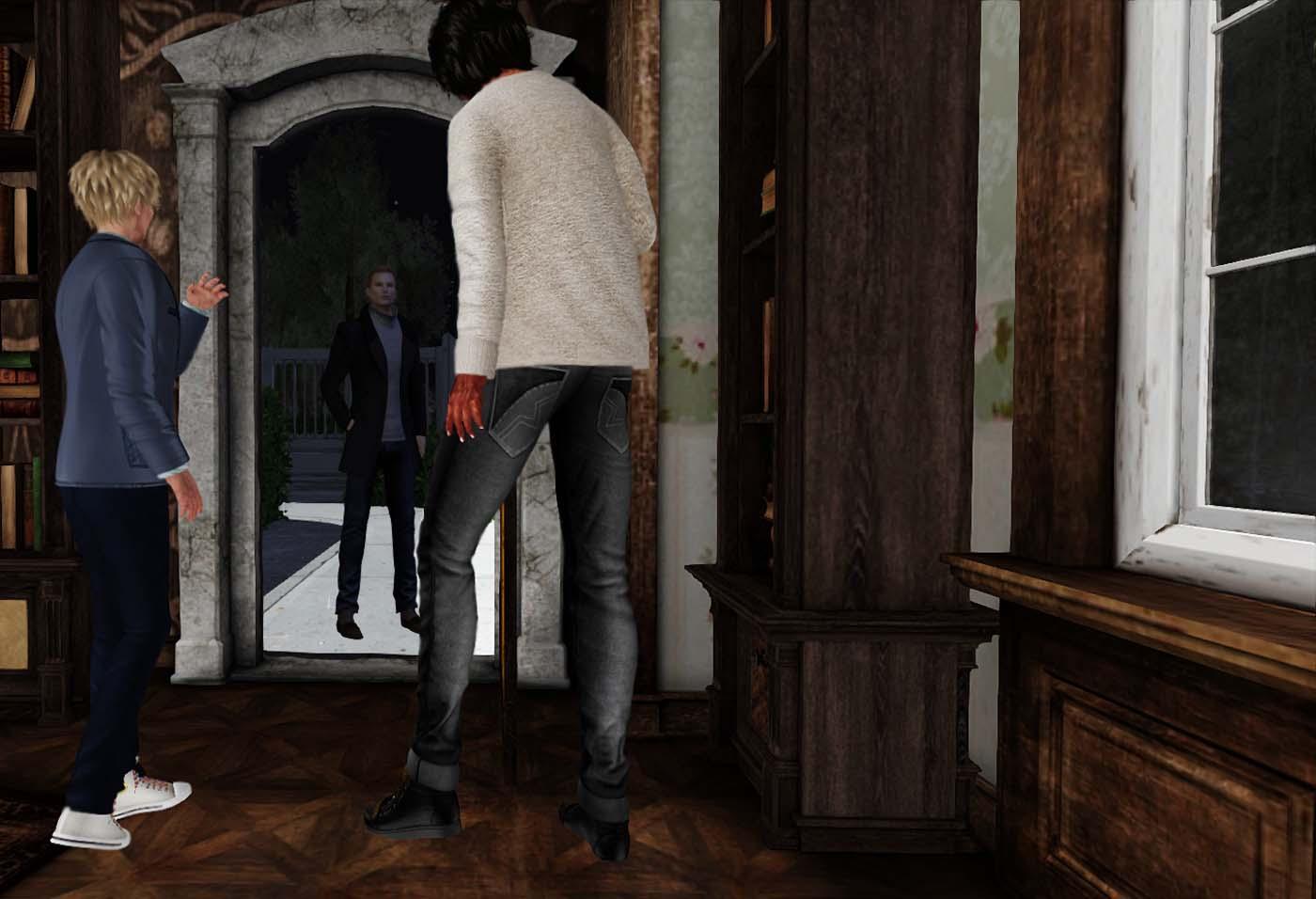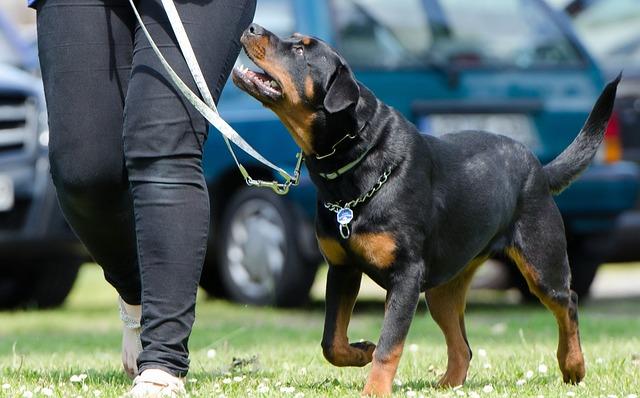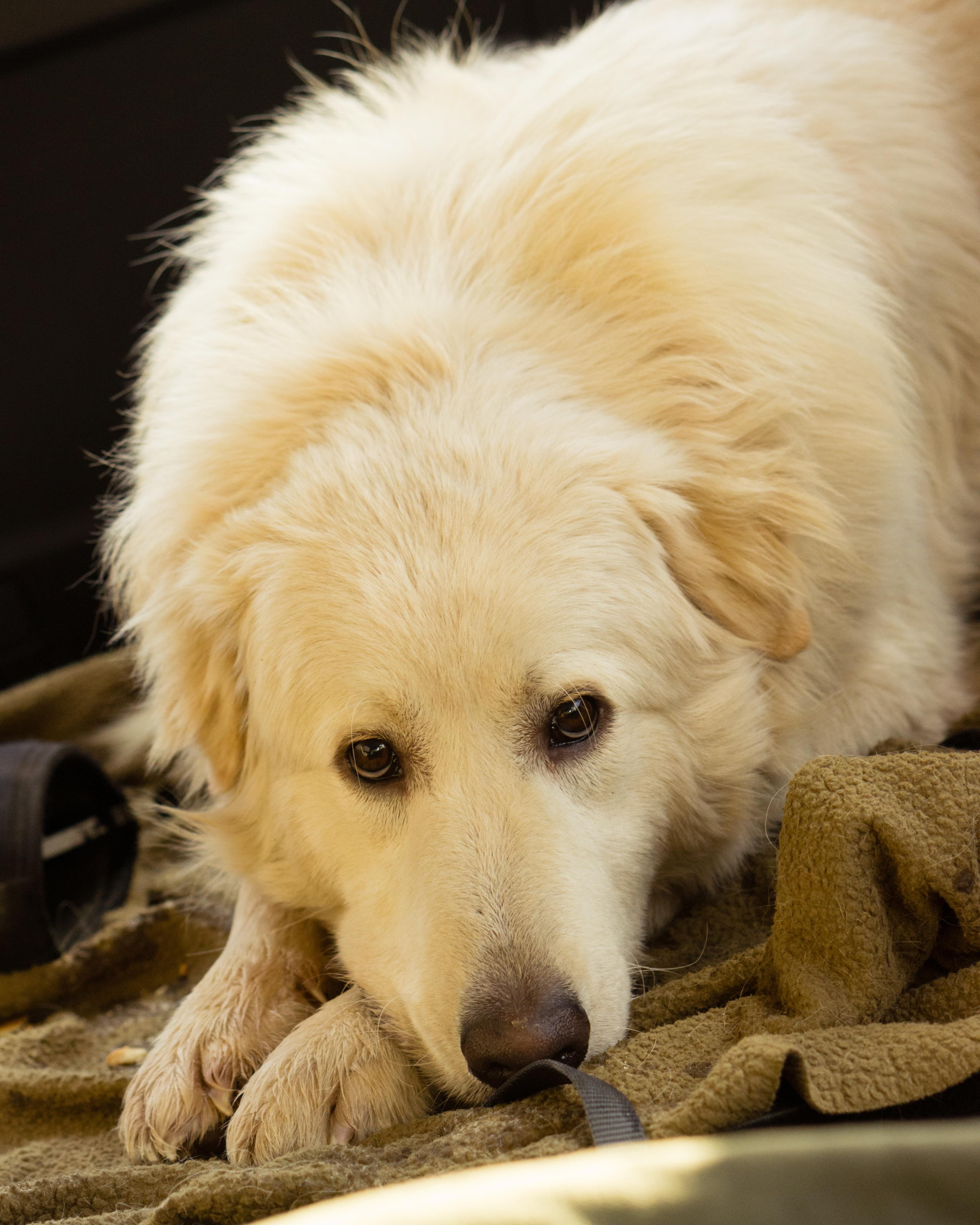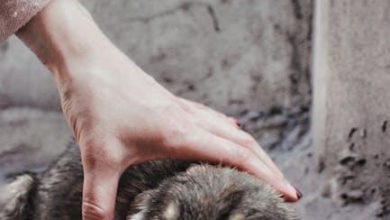Training Tips to Socialize a Dog That Is Scared of Men

In the quiet corners of our homes, where wagging tails and hopeful eyes greet us each day, there lies an unspoken bond between humans and their canine companions. Yet, for some dogs, particularly those who harbor an innate fear of men, this connection can be fraught with anxiety and trepidation. The reasons for such fears are as varied as the dogs themselves, ranging from past traumas to simple unfamiliarity. As loving guardians, it becomes our mission to guide them gently through this maze of emotions, transforming their world from one of uncertainty to one of trust and joy. In this article, we delve into effective training tips designed to socialize a dog that is scared of men, offering pathways to foster understanding and nurture confidence in these sensitive souls.
Understanding the Root Causes of Canine Fear Towards Men
Understanding why some dogs exhibit fear towards men can be pivotal in addressing and alleviating their anxiety. Several factors may contribute to this fear, often rooted in a dog’s past experiences or innate instincts. Dogs may have had negative interactions with men, such as rough handling or loud voices, leading to a generalized fear. Inconsistent socialization during their formative months can also result in an apprehension towards unfamiliar male figures. Furthermore, some dogs might simply be reacting to the physical differences between men and women, such as size, posture, or deeper vocal tones.
- Previous negative experiences or trauma.
- Lack of exposure to men during crucial socialization periods.
- Natural instinctual responses to differences in appearance and behavior.
- Inherited or breed-specific tendencies towards fearfulness.
By recognizing these potential root causes, owners can better tailor their approach to socializing their canine companions. This involves not only patience and understanding but also a commitment to creating positive, consistent experiences with men to gradually build the dog’s confidence and trust.
Creating a Safe and Gradual Introduction Plan
Establishing a structured plan is essential when helping your dog feel more comfortable around men. Begin by identifying a few key locations where your dog feels safe, such as your home or a quiet park. In these environments, introduce your dog to a calm and patient man who understands the situation. It’s important to take it slow and allow your dog to set the pace, ensuring they never feel pressured or overwhelmed.
Incorporate positive reinforcement techniques to create a more pleasant association. Here are some steps you might consider:
- Have the man sit or crouch down to appear less intimidating.
- Encourage him to offer treats or toys, allowing your dog to approach voluntarily.
- Use a soothing voice and calm demeanor to reassure your pet.
- Gradually increase the time spent together, always monitoring your dog’s comfort level.
Remember, consistency and patience are key. Celebrate small victories and always prioritize your dog’s well-being throughout the process.

Building Trust Through Positive Reinforcement Techniques
Establishing a strong foundation of trust with your dog is crucial, especially when working with a dog that has a fear of men. Positive reinforcement techniques can be incredibly effective in building this trust. Start by associating the presence of men with positive experiences. Whenever your dog encounters a man, whether it’s a family member, friend, or stranger, reward them with treats, praise, or their favorite toy. The goal is to create a positive association in your dog’s mind.
- Consistency is key: Regularly expose your dog to men in a controlled and safe environment. This repeated exposure, paired with positive reinforcement, helps your dog gradually overcome their fear.
- Respect their comfort zone: Never force your dog into an uncomfortable situation. Allow them to approach men at their own pace and reward any brave behavior.
- Use calming signals: Encourage men to use non-threatening body language, such as turning sideways, crouching down, or avoiding direct eye contact.
Over time, these techniques will help your dog build confidence and trust, reducing their fear of men. Remember, patience and understanding are your best tools in this journey.

Incorporating Consistent Socialization Exercises into Daily Routines
To help your dog become more comfortable around men, it’s essential to incorporate socialization exercises into your daily routine. Begin by creating a safe and positive environment where your dog can gradually become accustomed to the presence of men. Here are some practical steps you can integrate into your daily life:
- Scheduled Walks: Plan walks in areas where men are likely to be present, such as parks or neighborhoods, allowing your dog to observe them from a distance.
- Controlled Introductions: Arrange for male friends or family members to visit, starting with brief encounters and gradually increasing duration as your dog becomes more comfortable.
- Positive Reinforcement: Use treats and praise when your dog exhibits calm behavior around men, reinforcing positive associations.
- Engaging Playtime: Encourage play sessions with male participants, using favorite toys to create a fun and non-threatening atmosphere.
- Routine Exposure: Include your dog in daily activities where men are naturally present, such as morning coffee runs or afternoon strolls, to normalize their presence.
Consistency is key, so make these activities a regular part of your dog’s day. By patiently and persistently incorporating these exercises, you’ll be helping your dog build confidence and reduce fear over time.



